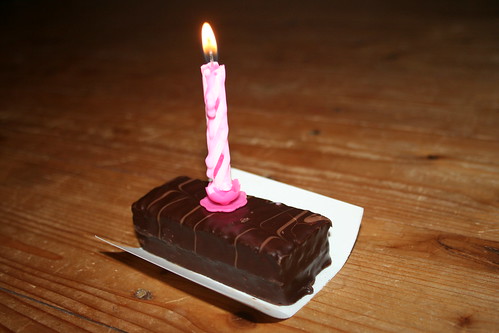Devil in a Blue Dress (Easy Rawlins #1)
by Walter Mosley
200+ pages
A man like Dewitt Albright didn't die, couldn't die. It frightened me even to think of a world that could kill a man like that; what could a world like that do to me? (210)
Let's get right into it. Easy Rawlins is unemployed, but still has bills to pay. He runs into a man who will pay him to find information on the whereabouts of a woman named Daphne Monet. Easy accepts this assignment but quickly discovers that he could be in over his head.
Mosley uses Rawlins in a very Ellisonian (Ellison-esque?) way to confront issues of poverty and race relations in this hard-boiled crime story. I really like the tour of the L.A underworld led by Easy to find Daphne. Whether it be a hole-in-the-wall bar, secret jazz club, local barbershop, sketchy apartment complexes, or around-the-way brothel, Easy uses his social connections to extract the information he needs. I also really appreciate the reflections on race relations throughout the book because they add another layer to Easy's persona. At the same time, it's not just blackness or whiteness, right and wrong. There's the universal idea that regardless of background; money, fear and power can turn anyone.
There were a few elements I could of done without, such as, 'the voice'. 'The voice' is the conscience that likes to pop up during high stress situations, and lead Easy to victory. I thought it was kind of cheesy...And surprisingly,
I was really challenged by Easy's Houston/LA twang, which was odd because I'm no stranger to Southern speak. Coretta and Daphne bothered me too. I think many readers, particularly female readers like myself, will find their motivations and decisions to be insanely annoying. I didn't have a problem with them seducing Easy, no, that was to be expected, but it's unfortunate that they were simply objects of possession. Easily used and discarded. I mean, after Coretta hooks up with Easy, she's murdered and that's it. I don't know, just seemed like a very masculine-fantasy, way to go about things...I'm also wondering if that's just characteristic of this type of fiction.
"You see, Easy," he cut me off, "Daphne has a predilection for the company of Negroes. She likes jazz and pigs' feet and dark meat, if you know what I mean.'' (26)
Out of all the characters (and there are many), I hold a special dislike for Daphne--not Albright, not Mouse, not Frankie Green--Daphne Monet. I hate that she was placed on a pedestal, though I understand why. The most obvious reason being her connection to a potentially large sum of money, and later on to the crimes that will follow. The less appealing reason is she's a woman in demand, but at times unavailable and seemingly unattainable. However, that doesn't deter Easy one bit. He bends over backwards for this mysterious, white woman and puts himself in danger to help her, to be with her, to be her lover. But Daphne has her own secrets...
"She wanna be white. All them years people be tellin' her how she light-skinned and beautiful but all the time she knows that she can't have what white people have. So she pretend and then she lose it all. She can love a white man but all he can love is the white girl he think she is."
What's that got to do with me?"
"That's just like you, Easy. you learn stuff and you be thinkin' like white men be thinkin'. You be thinkin' that what's right fo' them is right fo' you. She look like she white and you think like you white. But brother you don't know that you both poor niggers. And a nigger ain't never gonna be happy 'less he accept what he is. (209)
When Easy finds out the truth about Daphne he's devastated. He actually compares it to an earthquake, and almost refuses to see her for what she is. A woman he lusted for, who caused him to search down in his soul, someone he could have died for had deceived him, and on top of that, she was one of his own. This made me feel some kind of way...I love that Mosley was able to convince me to dislike a character so much.
In the end, I found myself less concerned with who killed who and why, and more concerned with who is who and why. The characters and setting are way more intriguing. To me it's an origin story, Easy Rawlins' transition from black war veteran and day laborer to private investigator, in 1940s, Los Angeles. I can't wait to read more Easy Rawlins mysteries.
Devil in a Blue Dress
Four stars.















